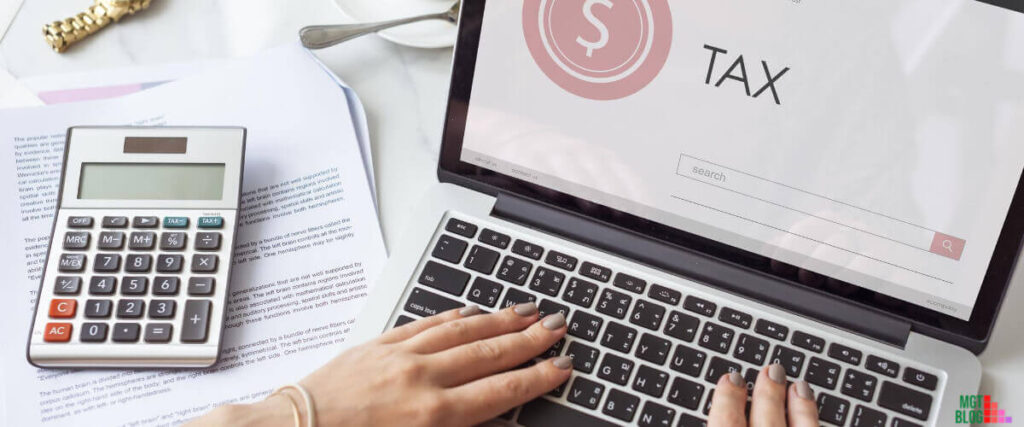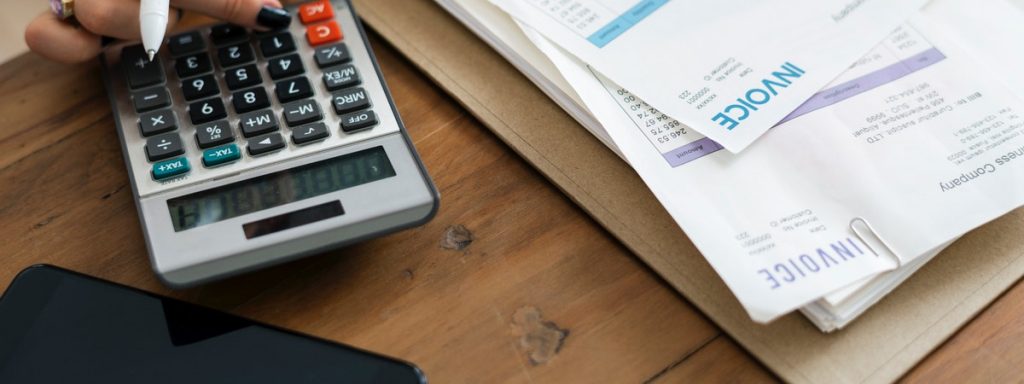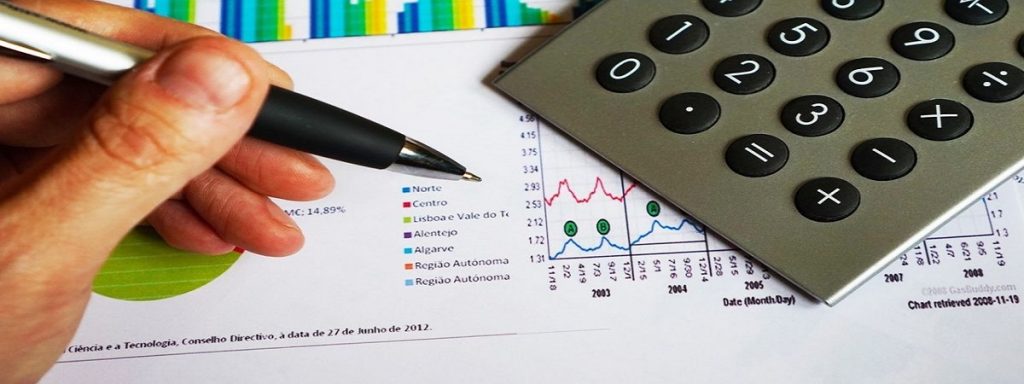No, private schools don’t pay taxes in the USA. They are exempted from paying taxes. However, every private school has to maintain a balance sheet. The reason why private schools are exempted from taxes is private schools are considered non-proprietary entities. Though there are corporate schools available that are also private schools they have to pay taxes.
Key Takeaways
- A private school is an independent school that is mostly supported by a private organization or private individuals rather than by the government
- Some common examples of private schools are non-governmental schools, non-state schools, etc.
- There are two types of private schools available, for-profit schools and not-for-profit schools
- You should keep in mind that for-profit schools require paying taxes
- Some examples of for-profit schools are Le Rosey in Switzerland, Sylvan Learning Centers, the Nobel Schools, etc.
Private Schools And Taxes

There are two types of private schools available, for-profit schools and not-for-profit schools. Usually, the for-profit schools are operated by a corporation or an individual to make a profit and this type of school require paying taxes. On the other hand, not-for-profit schools are usually organized by organizations and they also receive tax-deductible contributions.
For-Profit Schools

The structure of a for-profit school allows its owners to control the school. The owner could be an individual or group of individuals. Sometimes corporation owns this type of school and pre-schools and some elementary schools are a prime example. Usually, the same corporation has schools in several locations and their main purpose is to make money or turn a profit. Therefore, these types of schools have to pay taxes from the income or profits. Here, parents have to pay for the school services just as though they were customers. Some examples of for-profit schools are Le Rosey in Switzerland, Sylvan Learning Centers, the Nobel Schools, and thousands of small nursery and primary schools. The ownership of this type of school can be incorporated or a sole proprietorship or some other form of ownership.
Not-For-Profit Schools
When a not-for-profit school is incorporated, it seeks 501(c) (3) status from the IRS. The non-profit status of these schools allows them to exempt the entity from federal, state, and local taxes. Moreover, the status also allows the schools to accept contributions that are in turn tax-deductible by law. This type of school is designed to offer greater good for the community. Not-for-profit schools need tax deductions because donors are much more likely to give money to an institution when their contributions are tax-deductible. The ownership of this type of school varies but mostly depends on the number of children enrolled in the school. Not-for-profit schools also have a board of trustees. The trustees form rules by which the school is governed.
Requirements For Tax Deduction Of Private Schools

According to the IRS, from May 28, 2019, a private school exempt from federal income tax and described in Section 501(c)(3) of the Internal Revenue Code must meet the requirement for publicizing its racial nondiscrimination policy on the school website. Moreover, if a private school wants to qualify for and retain tax-exempt status as a 501(c)(3) organization, then the school must have a racial nondiscrimination policy in place and the school also must operate in a racially nondiscriminatory manner. Moreover, the school also has to maintain certain records to prove that it is following the policy. Therefore, the school has to keep a record of the racial composition of its student body, faculty, and staff as well as other related documents which are required by the IRS Revenue Procedure 75-50 (RP 75-50), originally issued by the IRS in 1975. There are two options available for schools to place the nondiscrimination policy. They are –
1. To run an ad in a newspaper of general circulation in the area served by the school; or
2. To publicize the policy using broadcast media.
The private schools also have to provide documentation that includes, but are not limited to:
1. Records indicating the racial composition of the student body, faculty, and administrative staff for each academic year.
2. Records sufficient to document that scholarship and other financial assistance are awarded on a racially nondiscriminatory basis.
3. Copies of all brochures, catalogs, and advertising dealing with student admissions, programs, and scholarships, Schools advertising nationally or in a large geographic segment or segments of the United States need only maintain a record sufficient to indicate when and in what publications their advertisements were placed.
4. Copies of all materials used by or on behalf of the school to solicit contributions
Moreover, IRS also announced the new Revenue Procedure 2019-22 (RP 2019-22) and according to this revenue procedure, a private school may meet the publicity requirement of RP 75-50 by posting an appropriate notice on the home page of its website. RP 2019-22 states the following:
“The school may display a notice of its racially nondiscriminatory policy on its primary publicly accessible Internet homepage at all times during its taxable year (excluding temporary outages due to website maintenance or technical problems) in a manner reasonably expected to be noticed by visitors to the homepage. The following notice, which is identical to the notice that may be used to satisfy the publicity requirement using a newspaper of general circulation that serves all racial segments of the community, is acceptable”
NOTICE OF NONDISCRIMINATORY POLICY AS TO STUDENTS
“The M school admits students of any race, color, national and ethnic origin to all the rights, privileges, programs, and activities generally accorded or made available to students at the school. It does not discriminate on the basis of race, color, national and ethnic origin in administration of its educational policies, admissions policies, scholarship and loan programs, and athletic and other school-administered programs.”
IRS Exemption Requirements For Private Schools
According to IRS, if a private school wants to be tax-exempt under section 501(c)(3) then –
“An organization must be organized and operated exclusively for exempt purposes set forth in section 501(c)(3), and none of its earnings may inure to any private shareholder or individual. In addition, it may not be an action organization, i.e., it may not attempt to influence legislation as a substantial part of its activities and it may not participate in any campaign activity for or against political candidates.
Organizations described in section 501(c)(3) are commonly referred to as charitable organizations. Organizations described in section 501(c)(3), other than testing for public safety organizations, are eligible to receive tax-deductible contributions in accordance with Code section 170.”
FAQs About Do Private Schools Pay Taxes In The USA
Do Private Schools File Tax Returns?
Yes, private schools file tax returns. Since 1975, all private schools are required to file IRS form 5578 annually.
How Are Private Schools Funded In The United States?
Private schools are mostly funded by tuition fees paid by students’ parents. Not-for-profit private schools also receive donations to finance various projects.
What Are The Income Brackets For 2021?
The income brackets for 2021 are –
| Rate | For Unmarried Individuals | For Married Individuals Filing Joint Returns | Married filing Separately | For Heads Of Households |
| 10% | $0 to $9,950 | $0 to $19,900 | $0 to $9,950 | $0 to $14,200 |
| 12% | $9,951 to $40,525 | $19,901 to $81,050 | $9,951 to $40,525 | $14,201 to $54,200 |
| 22% | $40,526 to $86,375 | $81,051 to $172,750 | $40,526 to $86,375 | $54,201 to $86,350 |
| 24% | $86,376 to $164,925 | $172,751 to $329,850 | $86,376 to $164,925 | $86,351 to $164,900 |
| 32% | $164,926 to $209,425 | $329,851 to $418,850 | $164,926 to $209,425 | $164,901 to $209,400 |
| 35% | $209,426 to $523,600 | $418,851 to $628,300 | $209,426 to $314,150 | $209,401 to $523,600 |
| 37% | $523,601 or more | $628,301 or more | $314,151 or more | $523,601 or more |
What Is The Most Expensive Private School In The US?
Columbia University is the most expensive private school in the USA and it will cost you $64,380 for tuition and various fees.
References:
1. https://www.forbes.com/sites/robertfarrington/2021/08/23/tax-breaks-to-pay-for-private-school/
2. https://www.edchoice.org/engage/private-school-tuition-tax-deductible/
Last Updated on October 29, 2022 by Magalie D.

Magalie D. is a Diploma holder in Public Administration & Management from McGill University of Canada. She shares management tips here in MGTBlog when she has nothing to do and gets some free time after working in a multinational company at Toronto.





